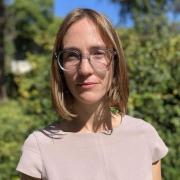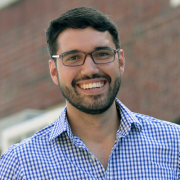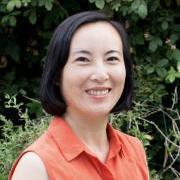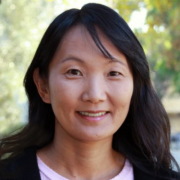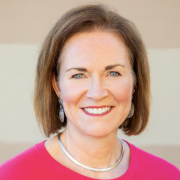Research Updates
Updated January 2025
Our study highlights the critical role of social networks in shaping COVID-19 vaccine behaviors. Engaging trusted personal networks, peer advocates and using targeted health messages can enhance vaccine confidence and uptake. These findings are also applicable to addressing other emerging health challenges by leveraging social networks to spread accurate, trusted information.
Proposed Research and Background
Our project investigates how social networks and digital social networks can help populations in California, particularly marginalized groups, access reliable health information and feel more confident about making health decisions, specifically in public health emergencies like the COVID-19 pandemic. Many minority communities, for example, often struggle to find trustworthy health information, and misinformation can cause people to doubt the vaccine's safety or turn to unproven treatments.
Our research team, made up of female researchers from three UCs, will use social media to recruit a diverse group of adults from different racial and ethnic groups in California. We will gather data on who individuals rely on for information and advice about health, people’s beliefs about COVID-19, and their vaccination status. We will analyze the data using social network analysis methods to understand how people rely on their social networks to make decisions about their health, including decisions about COVID-19 vaccination. We will also identify the characteristics of health information that make it more trustworthy. We will then use Facebook Ads to test the effectiveness of different public health messages on social media.
By doing this, we hope to understand how different racial and ethnic communities can use their social networks and digital social networks to improve health outcomes during public health emergencies. Our findings will also help public health officials design better interventions that leverage the power of social networks to promote accurate health information and encourage vaccination.
Collaborators
- UC Merced
- UC Santa Cruz
